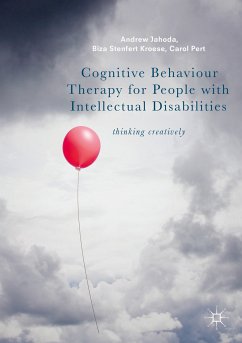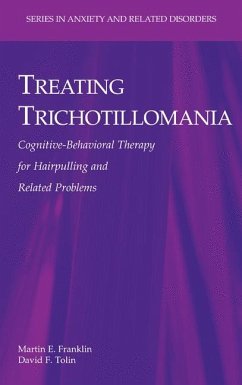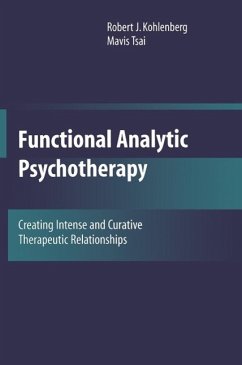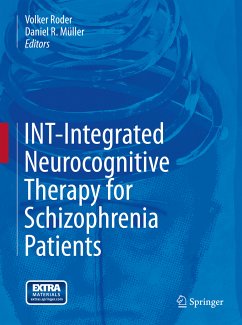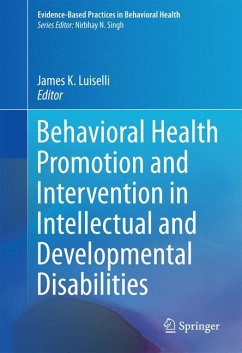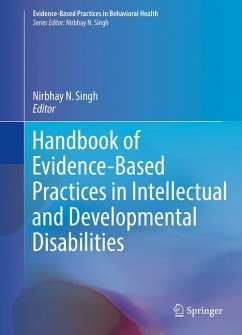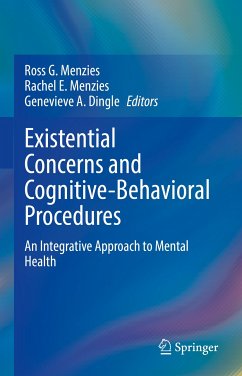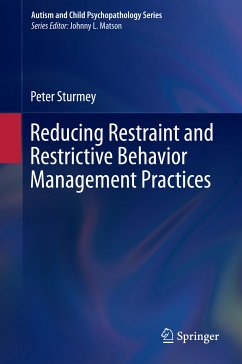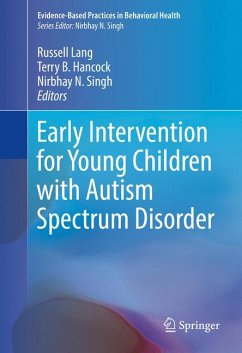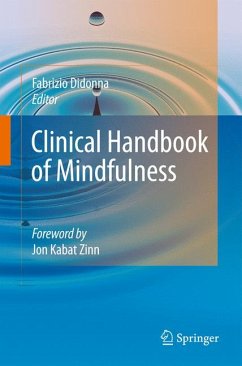
Clinical Handbook of Mindfulness (eBook, PDF)

PAYBACK Punkte
96 °P sammeln!
Over the last two decades, Eastern psychology has provided fertile ground for therapists, as a cornerstone, a component, or an adjunct of their work. In particular, research studies are identifying the Buddhist practice of mindfulness-a non-judgmental self-observation that promotes personal awareness-as a basis for effective interventions for a variety of disorders.The Clinical Handbook of Mindfulness is a clearly written, theory-to-practice guide to this powerful therapeutic approach (and related concepts in meditation, acceptance, and compassion) and its potential for treating a range of fre...
Over the last two decades, Eastern psychology has provided fertile ground for therapists, as a cornerstone, a component, or an adjunct of their work. In particular, research studies are identifying the Buddhist practice of mindfulness-a non-judgmental self-observation that promotes personal awareness-as a basis for effective interventions for a variety of disorders.
The Clinical Handbook of Mindfulness is a clearly written, theory-to-practice guide to this powerful therapeutic approach (and related concepts in meditation, acceptance, and compassion) and its potential for treating a range of frequently encountered psychological problems.
Key features of the Handbook:
The Clinical Handbook of Mindfulness includes the contributions of some of the most important authors and researchers in the field of mindfulness-based interventions. It will have wide appeal among clinicians, researchers, and scholars in mental health, and its potential for application makes it an excellent reference for students and trainees.
The Clinical Handbook of Mindfulness is a clearly written, theory-to-practice guide to this powerful therapeutic approach (and related concepts in meditation, acceptance, and compassion) and its potential for treating a range of frequently encountered psychological problems.
Key features of the Handbook:
- A neurobiological review of how mindfulness works.
- Strategies for engaging patients in practicing mindfulness.
- Tools and techniques for assessing mindfulness.
- Interventions for high-profile conditions, including depression, anxiety, trauma
- Special chapters on using mindfulness in oncology and chronic pain.
- Interventions specific to children and elders,
- Unique applications to inpatient settings.
- Issues in professional training.
- Appendix of exercises.
The Clinical Handbook of Mindfulness includes the contributions of some of the most important authors and researchers in the field of mindfulness-based interventions. It will have wide appeal among clinicians, researchers, and scholars in mental health, and its potential for application makes it an excellent reference for students and trainees.
Dieser Download kann aus rechtlichen Gründen nur mit Rechnungsadresse in A, B, BG, CY, CZ, D, DK, EW, E, FIN, F, GR, HR, H, IRL, I, LT, L, LR, M, NL, PL, P, R, S, SLO, SK ausgeliefert werden.



